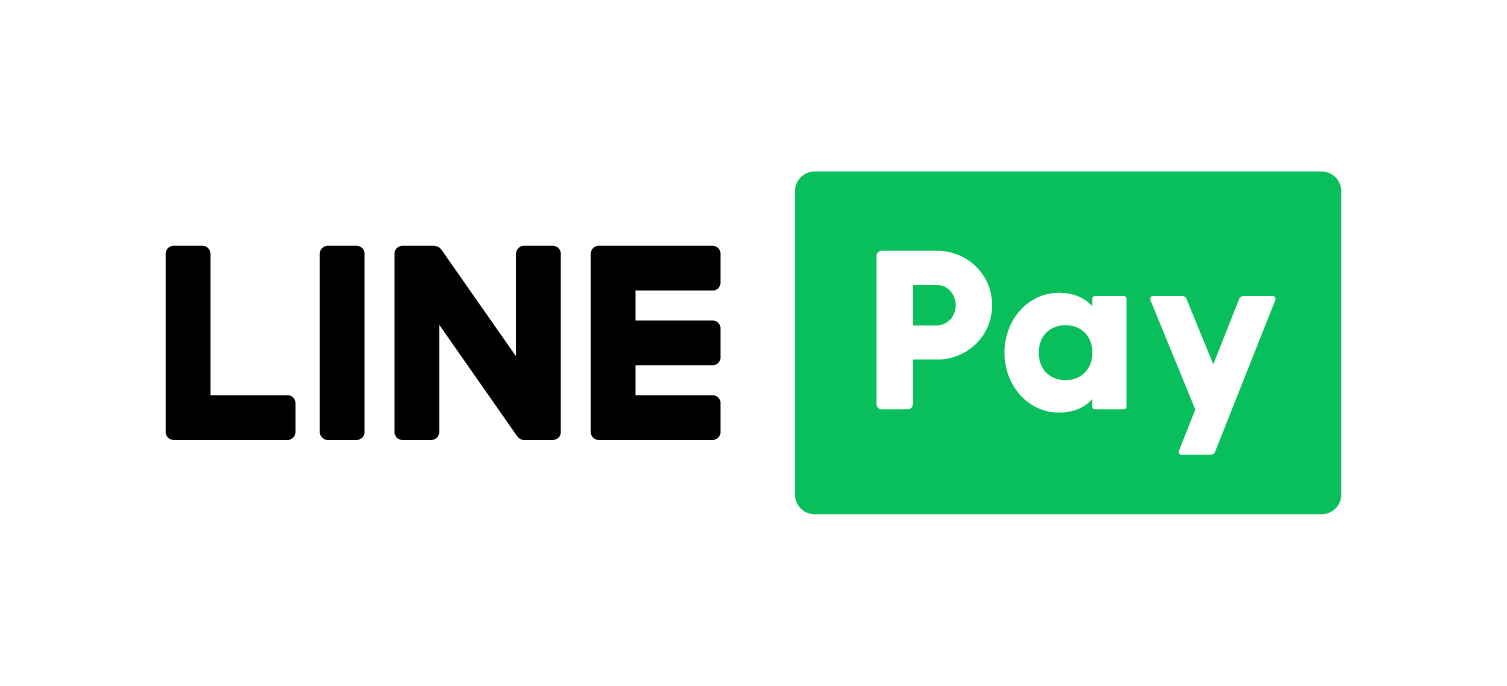詳細資訊
【簡介】 Description C++ Programming: An Object-Oriented Approach uses a combination of thorough, well-ordered explanations and a strong visual framework to make programming concepts accessible to students. A strong pedagogical foundation, combines with a focus on the benefits of a consistent and well-documented programming style, prepares students to tackle academic and professional programming challenges with confidence. C++ Programming: An Object-Oriented Approach introduces the reader to object-oriented Programming through the use of C++. Using the syntax of the C++ language, while touching upon advanced concepts such as data structure and design patterns, enables the reader to have a context of object-oriented programming while learning. Why a new book in C++? This new text employs a formulaic structure to accomplish five goals: 1) to teach computer programming, 2) to teach syntax of the C++ language, 3) to present new features of C++, 4) to discuss data structure and introduce the STL library, and 5) to introduce design patterns. The text is complimented by online materials instructors can use to further engage students, including: CheckPoint questions that help students affirm their knowledge of the content while working through each section in a chapter Appendices that provide information that assists in addressing more advanced C++ topics Sample programs that can be run in the classroom to enhance discussion Chapter-by-chapter lecture PowerPoint slides that aid in the classroom experience Expanded online question banks that gauge the reader's understanding of the content This text, coupled with the associated support materials, provides an enhanced and complete introduction to the language of C++ and programming. 【目錄】 Table of Contents Chapter 1: Introduction to Computers and Programming Languages Chapter 2: Basics of C++ Programming Chapter 3: Expressions and Statements Chapter 4: Selection Chapter 5: Repetition Chapter 6: Functions Chapter 7: User-Defined Types: Classes Chapter 8: Arrays Chapter 9: References, Pointers, and Memory Management Chapter 10: Strings Chapter 11: Relationships among Classes Chapter 12: Polymorphism and Other Issues Chapter 13: Operator Overloading Chapter 14: Exception Handling Chapter 15: Generic Programming: Templates Chapter 16: Input/Output Streams Chapter 17: Recursion Chapter 18: Introduction to Data Structures Chapter 19: Standard Template Library (STL) Chapter 20: Design Patterns Appendices Appendix A: Unicode Appendix B: Positional Numbering System Appendix C: C++ Expressions and Operators Appendix D: Bitwise Operations Appendix E: Bit Fields Appendix F: Preprocessing Appendix G: Namespaces Appendix H: Ratios Appendix I: Time Appendix J: Lambda Expressions Appendix K: Regular Expressions Appendix L: Smart Pointers Appendix M: Random Number Generation Appendix N: References Appendix O: Move versus Copy Appendix P: A Brief Review of C++ 11 Appendix Q: Unified Modeling Language (UML) Appendix R: Bitset Glossary Index

 華通書坊
華通書坊
















